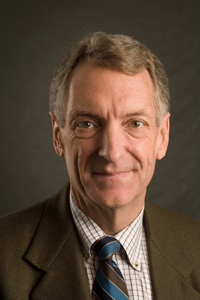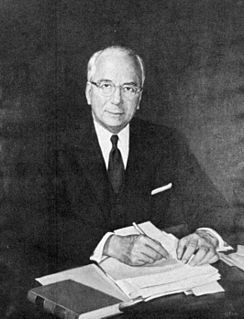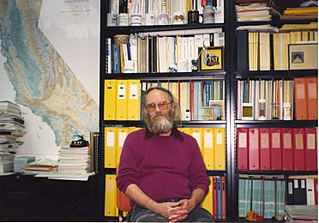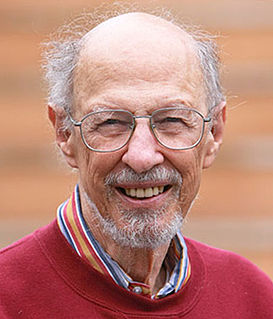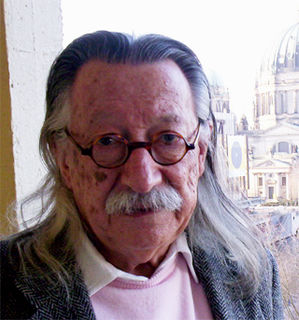A Quote by Marvin Minsky
Computer languages of the future will be more concerned with goals and less with procedures specified by the programmer.
Quote Topics
Related Quotes
Before 'Dilbert,' I tried to become a computer programmer. In the early days of computing, I bought this big, heavy, portable computer for my house. I spent two years nights and weekends trying to write games that I thought I would sell. Turns out I'm not that good a programmer, so that was two years that didn't work out.
The error which underlies the very existence of this debate is that there is some kind of perfect Platonic form of the computer language, which some real languages reflect more perfectly than others. Plato was brilliant for his time but reality is not expressable in terms of arbitrary visions of perfection, and furthermore, one programmer's ideal is often another's hell.
I understand we have, you know, a very unique situation, a very volatile election, two very high-profile candidates. You want to be very careful about what you do. But, you know, my sense is always - this is with respect to any decision maker - and that is you have procedures in place, when you follow those procedures, you're more likely to get the right outcome and you're less likely to be second guessed simply because you have the procedures and you take away the argument that there are politics involved if you follow the procedures.
When you think about it, there's no way to input things into a computer. It's all... the holes only go out, right? Like you can plug a keyboard or a mouse in but that's a trick because the computer thinks the inputs are outputs. That's a programmer trick, basically magic. The key to the future is to make holes that go in too.
Without doubt machines will be able to determine the means and avenues to goals, but men will continue to set the goals themselves. For what machine can ever apply the considerations of compassion and justice which, as man's enlightenment spreads ... will enter ever more into the decisions that affect his future ... in the universe?
You become a serious programmer by going through a stage where you are fully aware of the degree to which you know the specification, meaning both the explicit and the tacit specification of your language and of your problem. "Hey, it works most of the time" is the very antithesis of a serious programmer, and certain languages can only support code like that.

